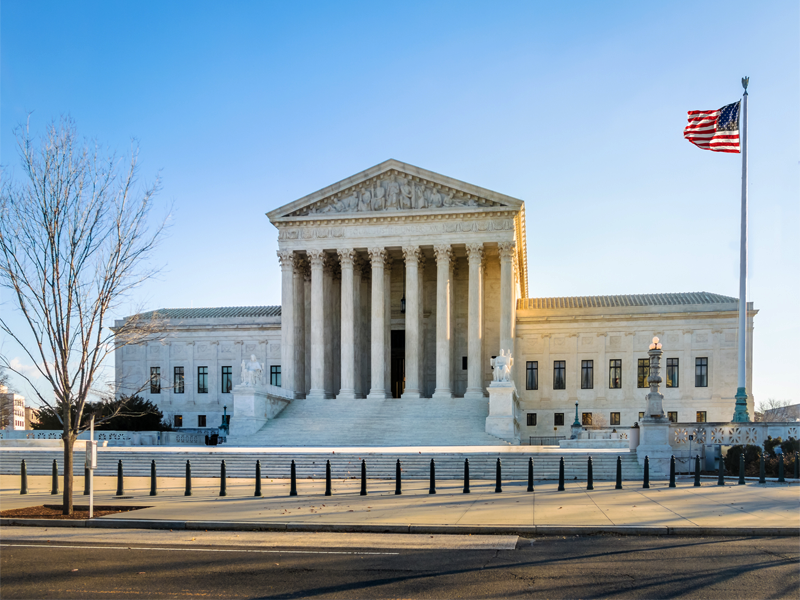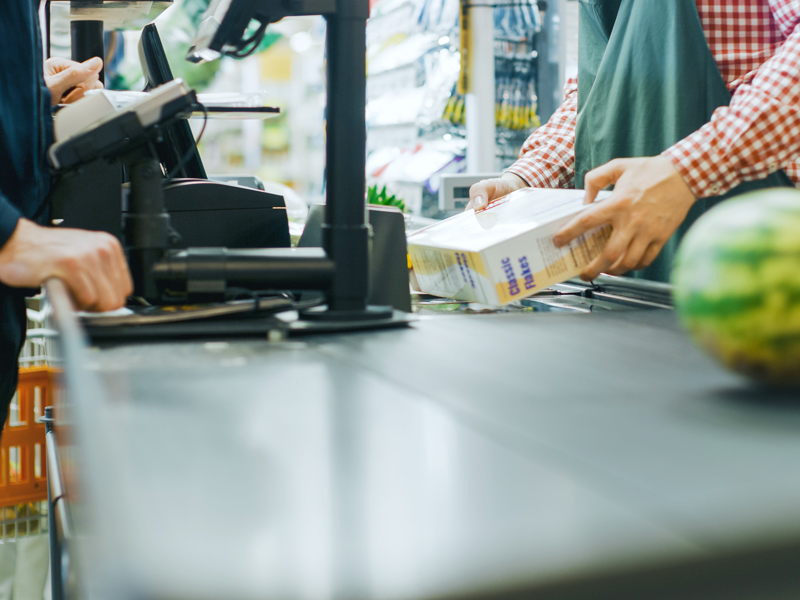The Challenge
The Center for Sustainable Procurement developed the following case study to support our mission of promoting leading practices in sustainable procurement.
Bayer, with core competencies in areas of health care, agriculture, and high-tech polymer materials, has a significant influence on society and the environment in many regions around the world through its global procurement volume.
In 2014, the company procured goods and services from 112,000 suppliers in 147 countries for approximately €20.3 billion. Procurement volume in Germany, the United States, and Japan accounted for nearly 66 percent of the expenditures in OECD countries and about 52 percent of the Bayer’s total procurement spend. Brazil, India, and China together accounted for about 70 percent of the expenditures in non-OECD countries and about 14 percent of the total spend.
With its vast procurement volume and many different suppliers around the world, Bayer had to ensure that global goods and services are manufactured and delivered in accordance with the company’s ethical, environmental, and social standards. To achieve this objective, Bayer needed to streamline its processes and tools to assess whether its suppliers were meeting the company’s social and environmental standards and expectations. Bayer also needed to enhance understanding by both procurement staffs and suppliers of these processes and tools, and to implement the resulting procedural changes throughout the company.
Our Strategy
Bayer views adherence to sustainability standards within its supply chain as an important strategic lever to safeguard global competitiveness and the supply of materials and services. Bayer’s Supplier Code of Conduct builds the basis of its supplier engagement, which describes the company’s sustainability principles and requirements in transactions with suppliers.
The Bayer Sustainability Program was established in 2009, and Bayer started to systematically assess the supply chain in order to identify potential high-risk suppliers. These assessments resulted in a crucial base for the Group’s category and sourcing strategies. To further streamline the process, Bayer in 2012 established a partnership with EcoVadis, a leading supplier of collaboration platforms with which companies can assess the sustainability performance of their suppliers. By using EcoVadis’ web-supported modular questionnaire platform, the supplier sustainability data could reach Bayer’s procurement teams more reliably and efficiently, supporting them to make better sourcing decisions.
Bayer concurrently rolled out sustainability training programs for its procurement employees and its suppliers. Key business units organized training courses and workshops for selected procurement employees on sustainability audits. Bayer HealthCare also conducted sustainability roadshows that focused on specific procurement categories for local procurement organizations across the company. In 2014, the Bayer Group invited its strategic key suppliers to the company-wide Bayer Supplier Day in Leverkusen, Germany, to foster open dialogue and take partnerships to the next level.
To minimize risks and create long-term business relationships with its partners, Bayer also engaged in several new collaborative efforts. In 2011, Bayer co-founded Together for Sustainability (TfS) to lead in the development and introduction of new sustainability standards for suppliers. Also in 2011, Bayer joined the Pharmaceutical Supply Chain Initiative (PSCI).
Our Impact
By partnering with EcoVadis and improving employee and supplier engagement on sustainability, Bayer has evolved its sustainable procurement program from a pilot initiative to what is now an integral aspect of the company’s overall sourcing program. Collaborating with EcoVadis specifically helped Bayer HealthCare improve its data collection and assessment of suppliers’ sustainability performance, nearly doubling its supplier questionnaire response rate to 81 percent in 2014 from 45 percent in 2013. Bayer also continued to expand sustainability trainings on its new supplier assessment process involving EcoVadis. Since the initial rollout in 2012, Bayer has trained more than 800 buyers across the Bayer organization.

Engagement with key suppliers on sustainability also has improved, thanks to the success of Bayer’s Supplier Day in 2014, which was attended by more than 300 participants, including representatives from 90 strategic key suppliers. During this event, Bayer awarded its high-performing suppliers for the successful partnership in areas such as sustainability and contractor safety, and subsequently inspired the creation of numerous other local Supplier Days at Bayer subgroups and country units around the world, including places such as Turkey, China, and India.
By engaging in collaborative initiatives such as PSCI and TfS Bayer addresses the diverse sustainability challenges of a complex global supply chain. In addition, Bayer assumes leadership by helping to create principles and standards that would benefit the entire industry. The PSCI’s Pharmaceutical Industry Principles for Responsible Supply Chain Management is one example. Within the TfS initiative, a total of 2,605 suppliers were assessed (using EcoVadis) and 93 audits were conducted in 2014 throughout China, India, and Brazil. In 2014, Bayer was not prompted to end a supplier relationship due solely to sustainability performance.
Lessons Learned
One of the lessons, which Bayer learned from this endeavor, was the importance of obtaining management ownership and internal support early on in the process. Advice for making it happen: Plan ahead and communicate both the broader business case for sustainable procurement and supplier management, as well as the specific objectives and key benefits of a more comprehensive sustainable procurement program.
Also, it became quite clear that sustainable procurement does not only help mitigate risk, but that it also opens the door to new opportunities that may not have otherwise been explored. For instance, conducting supplier days around the world with strategic suppliers has led to new discussions about how Bayer and its suppliers can work together to use sustainability as a leverage point to increase business value.
Looking forward, Bayer has set several targets to drive and measure the impacts of the company’s sustainable procurement and supplier management efforts. By 2017, Bayer plans to evaluate all of its strategic suppliers with respect to sustainability-relevant aspects. By 2020, Bayer aims to evaluate all suppliers with significant Bayer spend that are regarded as potential high-risk suppliers. So far, Bayer has evaluated the sustainability performance of 66 percent of the company’s strategic suppliers and 61 percent of potential high-risk suppliers with significant spend.
Let’s talk about how BSR can help you to transform your business and achieve your sustainability goals.




